Posts Tagged ‘fiction’
THAT HIDEOUS STRENGTH, A Review with Minor Spoilers
The third and final science fiction novel written by CS Lewis, THAT HIDEOUS STRENGTH, is touted by some as a fantasy novel. I hesitate to go deeper to explain why that might be, for fear of spoiling, but let’s just say that the story takes place on Earth, not in space, and one of the key characters who acts in a miraculous and decisive way to defeat the enemy, is a wonderfully fantastical character.
As I have talked with friends who have read all three, I get different answers about which is the “favorite” in the trilogy. There are individuals who love Out of the Silent Planet. I personally like it for its length…it is as short as a novella and a tight little narrative. Others love Perelandra. I appreciate Perelandra, but there are portions where reading was a chore. For me, THAT HIDEOUS STRENGTH is the true novel. It is my favorite of the three.
The Short Review: 5 Reasons I Recommend THAT HIDEOUS STRENGTH
- Compelling main character(s) both grappling with interior life, particularly with identity and faith
- A rich setting, a modern academic world and progressive (Lewis’ words) university leadership that feels creepy, yet familiar
- An amorphous and terrifying villain, well written and historically relevant
- In the midst of the horror, a comedic twist that feels like a Shakespeare switch-a-roo
- A companion novel to 1984. Many minds in this era of the 20th century understood the tyranny of government control. Lewis and Orwell were cut from that same cloth. Warnings that are relevant today and always.
For me, the young married couple, Mark and Jane, makes this story compelling in a way that is unique among the three novels in the trilogy. Jane is a crucial player and well developed. In the previous novels Lewis did not present the reader with a compelling female lead who was relatable. The Perelandra Queen is wonderful, but otherworldly. Jane, in this book, is utterly relatable. Her discomfiture with domestic life, her struggle with a husband who is caught up in his own professional world, felt deeply real. Mark is also real. Lewis highlights his hubris and insecurity, showing the reader how one might choose to align oneself with a horrific community. Mark’s longing for belonging, his hope for recognition are powerful human motivators and have the capacity to diminish the moral spine, especially if that spine is wobbly (as Mark’s is). Despite Mark’s poor choices, I got the feeling that Lewis, like the deity he knows and loves, has not given up on this lost soul. When Mark sinks low enough and faces the worst of himself, there is a promise of redemption.
THAT HIDEOUS STRENGTH is a story with complex layers. The deeper conversation about nations and their “haunting” is a topic I will not cover in this review, but in case you’re wanting to understand more, an article in The Imaginative Conservative called America’s “Logres”: The Mythology of a Nation helped me muse on what might be the American Haunting. That conversation is a crossover of the spiritual and the literary and takes the reader deeper into the mind of CS Lewis and those who were writing in like spirit, JRR Tolkien being one of those writers.
PERELANDRA, A Review
PERELANDRA is the second installment in CS Lewis’ space trilogy. Below is my no-spoiler short review, but the longer review that follows the image of PERELANDRA’s cover, will contain spoilers…beware. This is not a children’s book, but I recommend this novel to all ages who like the story. For all readers, taking the time to discuss after or along the way will deepen philosophical and theological understanding.
Link to OUT OF THE SILENT PLANET for a review of the first book in the trilogy.
5 Reasons to Read PERELANDRA, A Classic Science Fiction Story
- One of the more unique portrayals in literature of paradise and/or a pre-fallen world
- Beautiful CS Lewis prose
- The ideas are put forward clearly and by someone well acquainted with 20th century ideas
- Finally…a strong female character (there were none in the first novel)
- Read all three to make sense of what Lewis was trying to accomplish in the longer narrative arc
3 Reasons PERELANDRA is My Least Favorite of the Trilogy
- There are so few characters and the villain does not arrive until about 1/3 of the way into the book
- Not a lot of drama…there is a slow build and eventually, high drama, but it takes the novel a while to arrive (see #1)
- A lot of speech-making in the final pages. Interesting ideas, but coming at me in my least favorite non-dramatic package
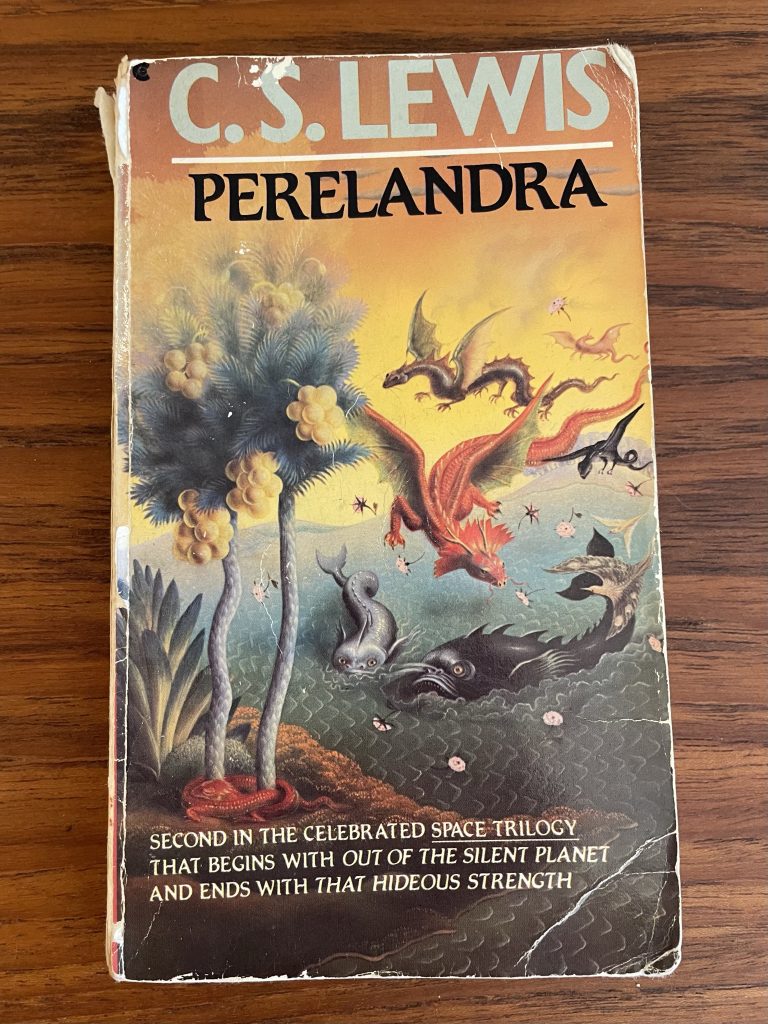
The Longer Review (With Spoilers)
While PERELANDRA is my least favorite of the three books Lewis wrote in the scifi genre, it does have its merits.
For one, anyone who has read his Narnia books, knows how well CS Lewis puts his imagination on the page. He has the ability to create a world both strange and fabulous and took on a bold task to put before the reader a paradise, a pre-civilization and pre-fallen planet with only two human-like people. Basically, he created an Eden. And how would one write this in a convincing way?
This excerpt, one of many examples…just gorgeous.
Now he had come to a part of the wood where great globes of yellow fruit hung from the trees–clustered as toy-balloons are clustered on the back of a balloon-man and about the same size. He picked one of them and turned it over and over. The rind was smooth and firm and seemed impossible to tear open. Then by accident, one of his fingers punctured it and went through into coldness. After a moment’s hesitation, he put the little aperture to his lips. He had meant to extract the smallest experimental sip, but the first taste put his caution all to flight. It was, of course, a taste, just as his thirst and hunger had been thirst and hunger. But then it was so different than any other taste that it seemed a mere pedantry to call it taste at all. It was like the discovery of a totally new genus of pleasure, something unheard of among men, out of all reckoning, beyond all covenant. For one draught of this on earth wars would be fought and nations betrayed.
Elwin Ransom, a professor of philology, is the narrator here. He was also the protagonist in Out of the Silent Planet. In this excerpt, he is telling his tale to a fictionalized version of CS Lewis after returning from his mission to the planet Perelandra. Ransom was sent to Perelandra by the angelic ruler of Mars (Malacandra). The reader is acquainted with this ruler from the previous book. In Out of the Silent Planet, Ransom is kidnapped and brought to Malacandra. That is where he meets Oyarsa, the ruler of Mars. Oyarsa does make an appearance in this novel, as does Weston, one of the academics who kidnapped Ransom in the first story. Weston, the primary rival to Ransom, acts as the tempter in this narrative. He does this not by his own cleverness and strength, but by something more frightening. Weston has given himself over to the bent angelic ruler of Earth, Satan. After Weston arrives on Perelandra in his space vessel, Ransom comes to understand his mission, that he has been sent to thwart the bent Oyarsa by thwarting Weston.
In the story, Weston is an academic with the worst intellectual vices; hubris combined with a flamboyant humanism that borders on narcissism. Tragically, he falls under a true evil in his search of spiritual answers to the mysteries he experienced on Malacandra. Weston’s journey into evil reads like something out of a horror novel (or the Bible).
“Idiot,” said Weston. His voice was almost a howl and he had risen to his feet. “Idiot,” he repeated. “Can you understand nothing?…This is the old accursed dualism in another form. There is no possible distinction in concrete thought between me and the universe. In so far as I am the conductor of the central forward pressure of the universe, I am it. Do you see, you timid, scruple-mongering fool? I am the Universe. I, Weston, am your God and your Devil. I call the Force into me completely…”
Then horrible things began happening. A spasm like that preceding a deadly vomit twisted Weston’s face out of recognition. As it passed, for one second something like the old Weston reappeared–the Old Weston, staring with eyes of horror and howling, “Ransom, Ransom! For Christ’s sake don’t let them—” and instantly his whole body spun round as if he had been hit by a revolver-bullet and he fell to the earth, and was there rolling at Ransom’s feet, slavering and chattering and tearing up the moss by the handfuls…
I was in my thirties the last time I read PERELANDRA and I did not remember how clearly this Weston character gives himself over to evil. Nor did I remember that Ransom comes to the realization that he will have to destroy Weston in hand to hand combat if he is to defeat him.
That Ransom believes he must assassinate his rival provoked my horror. Moreover, the scenes of his battle with Weston are brutal. Lewis does not hold back on that reality, but the idea of this existential battle brought to mind Dietrich Bonhoeffer. Lewis might never have known Bonhoeffer personally, but the ideas Bonhoeffer was writing about and preaching about (in Hitler’s Germany) were likely familiar to him…as they were to every thinking Christian of the time.
Bonhoeffer, while struggling to be a faithful clergy member under Nazi rule in Germany, came to terms with the idea that it was in fact a righteous or just act to kill a man who had fully given himself over to evil. That is why Bonhoeffer was executed in the end, as he played a role in an assassination attempt against Hitler. Below is an excerpt of a sermon on Colossians 3:1-4, a sermon he gave most likely after he had made the decision to collaborate with a part of the resistance determined to assassinate the Fürher.
“Instead, and precisely because our minds are set on things above, we are that much more stubborn and purposeful in protesting here on earth… Does it have to be so that Christianity, which began as immensely revolutionary, now has to remain conservative for all time? That every new movement has to blaze its path without the church, and that the church always takes twenty years to see what has actually happened? If it really must be so, then we must not be surprised when, for our church as well, times come when the blood of martyrs will be demanded. But this blood, if we truly have the courage and honour and loyalty to shed it, will not be so innocent and shining as that of the first witnesses. Our blood will be overlaid with our own great guilt.” (DBW 11, 446) (Schlingensiepen, Kindle Location 2427)
Bonhoeffer’s words evoke the idea that a conservative church is potentially an anemic one. His mention of our great guilt in the sermon I took two ways. One, the church is guilty when it does not act (or waits too long) to stand up to evil. Two, if it does join the revolutionaries, it potentially falls under the guilt of questionable acts. When evil can only be defeated by an act that lays outside of the norm of Christian ethics, there is plenty of guilt to go around. However, Bonhoeffer did not shrink back from taking on that guilt for what he (and history) thought to be the greater good. Moreover, his writings on this remain strong pillars in just-war theory and the Christian struggle with realism versus pacifism.
Lewis travels a similar line of reasoning in this novel and it should not surprise the reader that when the character Ransom leaves the planet Perelandra, he leaves having accomplished his task, but with a wound on his foot that refuses to heal this side of heaven.
OUT OF THE SILENT PLANET, A No Spoiler Review
OUT OF THE SILENT PLANET, by CS Lewis came about as a result of a coin toss between JRR Tolkien and CS Lewis in the 1930s. The understanding between the two men; one side of the coin would mean writing a science fiction novel, the other side would mean writing a time travel novel. The coin was tossed, Lewis was assigned the scifi novel. Tolkien was assigned the time travel novel. Tolkien never wrote his. Lewis did, published in 1938, twelve years before Narnia. In fact, he wound up writing three books of science fiction. OUT OF THE SILENT PLANET, which I will review here, was the first. This story is sophisticated, but there is no reason a YA reader or a very learned middle grade reader cannot take on this story. For educators thinking about assigning this book to a young person, a solid discussion on the story would make the experience a profound one.
The Short Review: 4 Reasons to Read OUT OF THE SILENT PLANET
- Superb writing and because this is CS Lewis, when you’re finished reading, your brain will have expanded
- Scintillating ideas that awaken the conscience…Plunge yourself into the mindset of a WWI veteran and a brilliant observer of history and soak in Lewis’ crucial critique of pre-WWII Europe
- Absorb Lewis’ Christian concept of God/Creator…the beauty and the moral implications
- Gain a vision for the power of fiction (imaginative science fiction in particular) as a way to change hearts and minds.
A Few More Details:
When Lewis and his friend and colleague, JRR Tolkien, both veterans of WWI, decided to toss that coin, they had been musing together about the sad state of fiction. They believed that the godless universe theory unleashed to some degree by Darwinists and proponents of the Hegelian superstate/superman, was giving rise to real beliefs (like eugenics which both understood as dangerous and evil) inside academia and government. More troublesome, these theories were making their way into fiction and infecting the broader population through story.
Americans fought in WWII and helped to defeat Hitler, so my nation (I am a US citizen) often forgets how the eugenics movement in the US was accepted and backed by some of our highest state actors, like President Woodrow Wilson. We in the US forget, maybe conveniently so, that we too were traveling on a similar road as the Nazis. This is how pervasive these ideas were and back in that day, they were considered progressive. It turns out, anything can be labeled progressive. A cautionary and hopefully humbling reminder to us in the 21st century.
Marxist ideology was also suspect in Lewis’ eyes. Both Marxism and Fascism preached an exercising of power where the end justifies the means. That idea was an abomination to Lewis and Tolkien, the rejection of which made its ways into the Lord of Rings trilogy, as it did into all of Lewis’ writings. As Christians (Lewis, an Anglican, Tolkien, a Catholic), they challenged the idea that the state has permission to sacrifice an individual for some greater good, not without that individual willingly giving up her/his life, soldiers willing to fight to defeat the existential enemy of a free state being one example of this proper sacrifice, something both of these men witnessed first hand.
In regard to reading OUT OF THE SILENT PLANET, knowing a little 20th century history and philosophy definitely helps the reader enter into the world of Elwin Ransom, the hero of the story, but even without that knowledge, this is a fascinating and well written tale. Ransom, a philologist, is on a walking tour of rural England. He is kidnapped and taken to Malacandra (the planet Mars). What unfolds is a story about relationship and curiosity (Ransom’s journey) versus dominance exercised by violence (the journey of his kidnappers). The narrative provides a resolution that exemplifies the idea that there is a standard of justice that is literally universal.
This is my third time reading OUT OF THE SILENT PLANET (notice my beat-up copy in the image above…not sure it will survive another read-through) and after finishing the book this round, I found myself dreaming about grace and kindness and goodness while I slept…something that doesn’t often happen for me after reading science fiction before bed.
Tales of the Walking Dead: EVIE/JOE, A No-Spoiler Review
4 Reasons I recommend EVIE/JOE, The Short Review
EVIE/JOE is first installment of The Walking Dead’s anthology series: Tales of the Walking Dead. Basically all of these tales will be in short-form, focusing on different characters each time, contained in one 45ish minute episode. EVIE/JOE is set in The Walking Dead universe which means there is a lot of gore, so consider this a PG-13 or R-rated flick. It’s not for everyone! You can watch this for free on Amazon Prime and possibly YouTube TV…still figuring that out.
I loved this short, but I love zombie films/stories and maintain a special fondness for The Walking Dead version of a post-zombie reality. Why might you want to watch?
- Believable and likeable characters (played by actors, Olivia Munn and Terry Crews)
- Well-done shorts like this must be targeted in its “one thing” it tries to do well and this short succeeded in doing that
- A familiar world, where context needs not be explained
- Decent tension and a surprising twist in the end
The Longer Review
First, I’ll say a little about the short form. There are a few reasons I appreciate shorts like EVIE/JOE. One is that I find it pleasurable to see a story, beginning, middle and end in one sitting. As a kid I loved The Twilight Zone for this reason. Second, the short form forces the story-teller to focus. My family members have heard me complain many times about a number of the more recent Marvel Universe films when there are way too many characters to properly give them all meaningful story arcs with the overall effect feeling flat and superficial (and for me, unsatisfying). There are three characters in this story. Four, if you count the dog. Third, the short form draws in amazing actors who want the chance to play a different/unique character but without the huge commitment of the series actor, who has to put the rest of his/her acting career on hold while the series is ongoing. This was an issue for Andrew Lincoln (Rick Grimes of The Walking Dead).
You could say the same about “guest” directors/writers. One short attracts very interesting directors and writers. I’m assuming some of these artists are fans of TWD universe but see room to add to that universe. Their vision can be surprising and wonderful.
EVIE/JOE begins with Joe, a survivalist living alone with his beloved Doberman. When the story opens, Joe is rewatching a football game. Civilization as we know it disappeared over a year before (see the carefully placed whiteboard in the first scene). Joe lives underground and seems to have enough electricity and food to stay happy and alive, but when his dog becomes lame, he must carry him up to the ground to go the bathroom and eventually, a group of zombies attack. The pup is bitten, dies and is buried by Joe. The subsequent flashes of Joe become increasingly depressing. A new level of suffering has entered into his life. Grief around his dog’s death and the reality that there is no one and nothing to really live for pushes him to venture out of his hole and seek another survivalist, someone he had contacted at a date when communication outside his hole was possible. That is when he meets Evie.
Their relationship becomes the focal point and draws out the true characters of them both. Both are lonely. Both are searching. There is a question about whether or not they will trust each other and whether or not they will succeed in finding what they most hope for. Evie is a hippy, who learned how to survive. Joe is a true survivalist. Their banter is funny and revealing.
It’s pleasurable to see a new setting here as well (in regards to The Walking Dead). This is the Upper Midwest, primarily Ohio and Michigan. There is evidence of survivors and evidence of death. The zombies aren’t the primary threat, but they’re around. As the audience learns pretty quickly in The Walking Dead universe, the zombies are way less scary than the hyper-terrified humans. This story is consistent on that front.
Eventually, there is an ultimate choice…choosing sides, choosing to trust or not trust and there is a moment of facing death. EVIE/JOE will not disappoint if this is the humanity you’re looking for.
THE BATMAN, God and Justice. Warning: So Many Spoilers
Last night I had the privilege of watching Matt Reeve’s THE BATMAN. I enjoyed the film, though it was tough to watch, a tense experience. Graphic violence is implied more than shown, but evil and darkness are palpable in every scene. Not that the film isn’t a beautifully crafted story…the dingy special effects are stylized to evoke the brokenness of Gotham. They reveal a failing society in every frame. It’s pouring rain and night during most of THE BATMAN, and of those scenes shot in the day, the skies are gray.
Of course, this is a familiar setting for our comic book hero, the Dark Knight, but what is less familiar is the tone of utter hopelessness associated with that darkness. Violence plagues the city of Bruce Wayne. In the opening sequence, it is Halloween night and masked hoodlums run wild across Gotham causing mayhem, and at one point a gang of them threaten an Asian American man in a subway station, hitting too close to home for many of us. Halloween is also the night the Riddler commits his first murder.
The brutality of humanity is on display in THE BATMAN, begging the question: When is a society so corrupt, so evil, so far gone, there is no hope of renewal and it must be destroyed? This film earned a PG-13 rating. It’s possible a mature teen could watch this and grapple with the question posed above. It’s a hard question, but one that ought to be pondered by all of us.
The rivalry between Batman and the Riddler draws out themes of righteousness versus justice. In certain respects, both men are the same. Both are trying to root out corruption, Both are straining toward a just society. Batman roots out injustice by defending the good guys and working within the system. Though outside the formal police force, his link to Lt. Gordon cannot be denied, nor can anyone doubt his insider status as Bruce Wayne, the orphaned son of a beloved city father. The Riddler however, also an orphan, stands on the outside. He roots out evil by exposing it, by punishing via execution and making a public example of those who have betrayed justice. The Riddler’s first murder is the mayor of the city and subsequently other politicians and law enforcement, those caretakers of Gotham who have made their beds with the mob. Because of these assassinations and the attention he draws to corruption, Batman along with the audience are forced to focus on what is a massively broken system at the highest levels of the city.
The audience wonders whether ANY politicians or police are clean in Gotham, and can such evil be undone when the gatekeepers of justice have become those who perpetrate injustice? The Riddler sees no way out but total destruction.
On the narrative journey, Batman faces truths about his own father. The idealism with which he has viewed his parentage is shattered, evoking for me the psalmist’s words from Psalm 14, text lifted by the Apostle Paul and placed in his letter to the Romans.
The fool says in his heart, “There is no God.”
They are corrupt, they do abominable deeds;
there is none who does good.
2 The Lord looks down from heaven on the children of man,
to see if there are any who understand,
who seek after God.
3 They have all turned aside; together they have become corrupt;
there is none who does good,
not even one.
Why do I include this? In the film, I think Reeves is trying to make a theological point. I bend toward theological rather than philosophical because the powerful reality (loaded imagery) at the end of the film is a flood…as in Noah and the Biblical account of the destruction of evil.
In THE BATMAN, the Riddler has set up bombs that line the seawall on Gotham’s perimeter. The Riddler has determined that Gotham is irredeemable. Gotham must die, drown and be cleansed of its evil. Only then will it be reborn. A flood to destroy evil? This is as old a tale as humanity, understood within Judaism, Islam and Christianity. There comes a time when a civilization is so broken, every living thing has to be destroyed in order for evil to be rooted out. The Riddler sets himself up as God and judge. He determines that Gotham is a total loss. Total destruction is the ONLY remedy for its evil.
Batman represents another side of this argument. Don’t miss the fact that Selina (the Catwoman character wonderfully portrayed by Zöe Kravitz), tries to coax Batman to remove himself permanently from Gotham. I can’t recall her final words to Batman precisely, but they were something like…staying here and trying to save Gotham will kill you.
That comment is an homage to a redemptive sacrifice and Batman as Christ figure…sort of…The audience already knows how much life has been sapped out of the young Bruce Wayne because of his mission to avenge his father, but also to help Gotham. Batman’s motives are often mixed here. Interestingly, this Batman, the Reeves’ Batman grows. He realizes that vengeance is not the full story of how he must respond to evil. To truly honor his dead father and mother, he must do more. He must minister good to the people of Gotham. Two images of Batman in the final scenes make my point. One is him diving into the abyss, lighting his flare and leading innocent people by hand, out of the flood, out of judgment. The other is him helping a wounded girl on a stretcher and holding her hand as she seeks his assurance and is flown away to safety, to healing. Reeves connects the hero, the savior, to humanity with that touch. Redemption in this case is a touch that is gentle and personal, the opposite of violence. Batmas has crossed over from vengeance to love.
The Russia Ukrainian War is raging as I write. Yesterday, Russian planes targeted a shelter in Mariupol, a place holding hundreds of children and women. On the ground on either side of this structure, the Ukrainians had written in Russian the words “children” in very large script, large enough to see from the air. How does one grapple with the bombing of this place, with the destruction of so many innocents? (The number of dead is still undetermined…I will correct this when the fog of war has dissipated.)
Update: on March 25, it was believe that 300 had died in the bombing. In early May, after a thorough AP investigation, it was revealed that 600 likely died in Mariupol theater airstrike.
So, I end with this image, Jesus of Sinai, Pantocrator, an icon from the the 6th century. For Christians of the 6th century, most of whom were illiterate, icons like this were essential to their faith because embedded within each icon are theological truths. For them, looking at an icon was like reading a holy text. With Jesus of Sinai, notice the weird lighting on his face, one side darker and one side lighter. That is intentional. Why? The post-modern viewer might not discern what his face represents but to early Christians, they represent two sides of the creator as God looks out over humanity. If you put up your hand and cover one side of the Messiah’s face, you see a bright and compassionate mouth and eye. When you cover the other side, you see a darker eye, an angry glare. The iconographer and the theologians of that time understood that both are sides of God and both are legitimate responses to evil. The story as laid out in the Bible is of God grappling daily with a society gone wrong. On one hand, he is merciful and forgiving, on the other, he is vengeful and ready to punish, to eradicate evil.
Current people of faith, people like me, struggle with that darker view of God, but we might do well to ponder it. Noah and the flood tell the story of God as do Jesus and the cross. And here we see the author of the new Batman film exploring both reactions to evil, but favoring mercy in the end.
We live in a complicated world, but some truths/questions find their way into our art, even if that art is embodied by a comic book character.
Kudos to Reeves for attempting something really big in his portrayal of THE BATMAN.
ALL SYSTEMS RED, by Martha Wells, A No-Spoiler Review of the first novella in the Murderbot Diaries Series

ALL SYSTEMS RED is a story, entertaining and well-written, that one can read in about 4 hours. Rated PG-13 for adult themes. I read this novella on a flight from Minneapolis to Seattle. I flew on Delta and none of the airline’s tv/film options seemed very thrilling to me. I often try to see HBO or Showtime options when on a flight because I don’t subscribe to either of those services in real life. Thank goodness I had taken this book with me, hardback, but thin, lightweight and easy to pack because it’s only 127 pages.
And now, for my Short, No-Spoiler Review
I highly recommend ALL SYSTEMS RED for these 5 reasons.
- Original voice…the narrator has the appeal of an innocent, he/she is like a child, yet holds the capacity to narrate a futuristic society inhabited by humans and AI living and working together
- Genre bending…science fiction merged with mystery…in other words, a page-turner
- Thought-provoking ideas about AI and how future humans might understand morality/humanity in regards to AI
- Interesting world-building and a great set-up for subsequent stories
- ALL SYSTEMS RED would make a great audiobook. See the longer review for more
Longer Review:
Martha Wells has created a fascinating universe of humanity working and living off Earth, in space, in places that can only be reached via light-speed travel. She doesn’t fixate on the physics of the issue (regarding traveling across vast distances) but focuses on the gritty work life of humans and their bots. In the author’s futuristic world, full AI exist as sex workers and security units (SecUnits) and other helps in life. Also, some humans adopt robotic parts (augmented humans). So, there is a mix of how humans have integrated with tech and within the story world, there is little “judgment” about these realities.
While this is all true, the AI mind that narrates this story has a judgment about itself and humans. The view is not completely skewed toward disgust for humans, though there is some leaning in this direction. Granted, I’ve only read the first 1.5 novellas. But what works in the narrative is that Wells has put forward a more dispassionate, yet charming view of the world the way it is. I highly recommend these novellas as entertainment and am slowly discovering how they speak into deeper moral questions around humanity’s race toward the future, a future in which robots and artificial intelligence will be embedded. These books might appeal to the YA reader because the narrator is endearing and “young” feeling. The value in their education would be the discussion around tech and humanity’s future.
Regarding the narrator. The voice is absolutely charming. I did not listen to the book, but can imagine the voice. This book would be a pleasure to listen to.
To buy the first book, click on All Systems Red
Four of the series in hardback can be bought together. Click on Murderbot Diaries
For the least expensive version to try out novella #1, click on Kindle version: All Systems Red
For the audio version of novella #1, click on Audio of All Systems Red
SPACE SWEEPERS, A No Spoiler Review

5 Reason to Watch Space Sweepers, The Short Review
- characters, they’re funny, quirky and smart…They reminded me of many beloved STAR WARS characters
- Special effects, on par with cinematic space opera’s like Star Wars
- Family friendly, nothing offensive for parents trying to figure out what to show their kids
- Excellent space battles
- An ultimate choice for the main character(s) that packs an emotional punch
 The Longer Review
The Longer Review
This film assumes a space opera vibe and so reminded me of Star Wars, yet felt original. The pacing of this screenplay gave exactly the right amount of info while embedding a few nuggets that made me go back a rewatch portions. That was rewarding and I loved the heartbeat of the story’s core…the transformation of a rogue…think of Han Solo and his journey.
Not that this story only bleeds a happy ending. There is a tragic trade that takes place, a brutal choice for the main character. However, the overall adventure ranked above my expectations. When I’m streaming something online like this, I’m not expecting brilliance, but when it’s Korean made, I am coming to expect top-notch production. The Korean film industry is doing something right by focusing on great storytelling and upping the game at every turn when it comes to investing in the visual feast. SPACE SWEEPERS is no exception.

I will continue to seek out, watch and review Korean-produced scifi/horror/speculative fiction because in the last 2 years or more, the flow of great content is undeniable. For more Korean-productions that I’ve reviewed, see:
KINGDOM, A Review of a Korean-Made Masterpiece
SQUID GAME, A Review without Spoilers
TRAIN TO BUSAN, A No Spoiler Review
DUNE Part 1, The film. A No-Spoiler Review

In a similar way that Peter Jackson pleased both the non-reading audience and the hyper fan of the LOTR books, it looks like Villeneuve will do the same for the his audience and fans of the novel, DUNE.
DUNE, the film, is the first of two. It’s only about half of the novel (yet another reason to entice your teen to read the novel), and there could be more films if Villeneuve decides to continue with the novel’s sequels. We’ll see how that goes. The later books are brilliant but probably more challenging for the average audience member to consume. Herbert’s world is a complex and mostly unhappy place on almost all counts.
First, The Short Review of DUNE
5 Reasons to See this Film, Especially if you are a Scifi Fan…
- Mostly pitch perfect and accurate (close to the novel) storytelling
- Herbert’s DUNE is a foundational work in the scifi genre and has a huge international following. AKA, without DUNE, Star Wars might never have been made.
- A vision within the story that transcends culture and era
- Great casting
- An epic visual feast
Now, for the Longer Review…
If you want to go deep, super deep on DUNE, there are papers written, blog posts and articles that speak to why the story DUNE is one that has reverberated in many cultures, especially subjugated cultures, since it was released in 1965. This article is a good one, in case you want more breadth about the history. Click on the link for the Guardian’s penetrating reflection. DUNE article, Guardian.

True, the viewer is only getting a third of the character depth in the film version and for that reason, I encourage all to read (or re-read) the novel. It ages well. But, even if you don’t read the novel, Paul, Leto, Jessica, Duncan, Kynes and the Fremen come across very close to the novelist’s vision. I had two observations of change that caught my attention: Villeneuve did not portray the Atreides’ mostly male in-house staff accurately in terms of their suspicion of Jessica as the betrayer. Their suspicion of the one woman in the mix comes through in the novel, not in the film. Also, the gay Baron Harkonnen is a known child predator in the novel. I can guess there are many reasons Villeneuve decided to forgo this portrayal of the only gay character in the story world. Let him be obese and disgusting in the visuals, but diminish his child predator persona. That seems like a wise decision on many fronts.
The portrayals I loved:
Arakkis, the worms, the Fremen, the sitch, the general feeling of the Bene Gesserit, the Harkonnens, the Sardaukar, the ornithopters, Arrakeen, the costumes (including the stillsuit)…these are all perfect, as are the actors’ portrayals of their characters.
Overall, DUNE was worth the money. I highly recommend this film.
SQUID GAME, A Review without Spoilers

I had barely heard of SQUID GAME until about a week ago, but now the buzz is everywhere. If you’re like me, you’re wondering…Why all the hype about this Korean dystopian series?
So, last night, I watched the 1st of the 9 episodes and love what is being set up. This episode features a giant robotic girl that rules over a game of Red Light Green Light, also the episode’s title.
Here’s what I can say about the opening.
- An introduction to a variety of well-drawn characters
- Especially, the main character, Seong Gi-hun played by Lee Jung-Jae, is a sympathetic hero, a financially desperate divorcee with a gambling problem living with his mother
- The story draws together hundreds of below average types or “losers” to compete with one another for an extraordinary financial prize. (Losers is the word used by the creator and he makes great pains to show the audience his characters’ failings).
- A creepy robot child with roving eyes that shoot bullets. Tis the stuff of nightmares.
SQUID GAMES would probably receive a PG-13 or maybe even an R rating for violence. I am watching the dubbed version. The dubbing hasn’t bothered me.
Update: After watching all of it, this series receives an R rating for sure and I don’t think it appropriate for teens. I don’t think the educational value is worth forcing a group to watch this. Many would not be able to tolerate the violence.
There is a dystopian flavor to the story and the world, but its reality is not so hard to believe. What I mean by that is that the game world is not fantastical, nor is it futuristic. This game could be happening today on an island somewhere. The audience does get a shot of the island in episode 1, as well as the back of the billionaire maniacal overlord, who watches via screen as the contestants compete and try to stay alive.
Creator, Hwang, worked for ten years to get SQUID GAME made. The traditional studios wouldn’t touch it, but alternative streaming is proving again, that fresh stories are out there, often outside the Hollywood bubble. Cheers to Netflix in particular for curating and promoting dramas and comedies we would never otherwise see.
Click on the links below for more of my reviews of “outside the Hollywood bubble” stories that deliver. The first two are also Korean-made
KINGDOM, A Review of a Korean-Made Masterpiece
TRAIN TO BUSAN, A No Spoiler Review
Don’t Miss the German-made Television Series, DARK. My No Spoiler Review
WIDOWLAND A No Spoiler Review of the Novel
Five Reasons I recommend WIDOWLAND, by C.J. Carey
- Excellent pacing and page-turning tension
- A young female hero who comes into her agency in a believable way
- Legit world-building of a bleak UK governed by Nazis
- The writing around the sexual relationships feels vital and true (more on this in the longer review)
- Given the consistent point of view and straightforward timeline, I’m guessing this would make a great audiobook
To purchase WIDOWLAND, click here
The Longer Review…
To control the past, they edited history. To control the future, they edited literature.
WIDOWLAND is an alternative history novel, set in London, 1953. This story would probably carry a PG-13 rating because of the sexual relationships although none of the sex scenes were explicit. For this reason, I wavered on the rating. Overall, the main sex scene was tastefully, even beautifully handled in terms of the emotional weight it carries within the story. Mature teens could handle this book. In fact, it might appeal to many female YA readers because the protagonist is a woman in her twenties.
For educators, WIDOWLAND provides a unique picture of what a society imagined by the Nazis might look like and feel like. Great fodder for discussion. Moveover, it portrays (accurately so) literature as a disrupter of those who broker power.
In this alternative history, Germany has invaded the UK and Hitler rules over it as a protectorate. The coronation of Edward the VIII (Queen Elizabeth’s uncle) and the American divorcee, Queen Wallis, is taking place soon. Significant because The Leader, Hitler himself will descend on London for the celebration. The soon-to-be King and Queen of England are collaborators with the Nazis, based on an actual historical and private meeting that took place between the Edward and Hitler at the Berghof in 1937. (No record of the meeting has survived).
The story, told in close third person by the main character, Rose Ransom, opens with a description of London preparing for the coronation. Through Rose’s eyes, the world unfolds. The reader quickly understands, that although Rose holds little power in the system, she sits at the top of the subjugated population as a Geli. She is young and her view of reality is sometimes naive and not always reliable, but the discoveries she makes along the way are a part of how Carey maintains tension in the story. The reader senses the danger she does not.
This is a story about a woman and about women living under Nazi occupation. Carey could have gone overboard painting the world, but deftly focuses the reader’s attention on the kind of oppression that exists in England for the vulnerable. The elderly, women and widows in particular, suffer under the yoke of the Nazis. She highlights the caste system which categorizes the “utility” of women. In this early excerpt, the reader begins to understand Carey’s 1953 London.
Members of the first and elite caste were popularly called Gelis after the woman most loved by the Leader, his niece Geli. Klaras–after the Leader’s mother–were fertile women who had produced, ideally, four or more children. Lenis were professional women, such as office workers and actresses, after Leni Riefenstahl, the regime’s chief film director. Paulas, names after the Leader’s sister, were in the caring professions, teachers and nurses, whereas Magdas were lowly shop and factory employees and Gretls did the grunt work as kitchen and domestic staff. There was a range of other designations–for nuns, disabled mothers and midwives–but right at the bottom of the hierarchy came the category called Friedas. It was a diminutive of the nickname Friedhöfefrauen–cemetary women. These were the widows and spinsters of over fifty who had no children, no reproductive purpose, and who did not serve a man.
There was nothing lower than that.
Rose first runs into trouble when the Cultural Commissioner of the UK Protectorate asks that she help him solve a mystery. She is to venture into Widowland and spy on a group of Friedas. An uprising is bubbling to the surface in London right as Hitler is set to arrive. These disempowered women are the suspected Nazi resisters. The clock is ticking and Rose’s big boss makes known to her that more than just her job is on the line if she fails.
What unfolds is a story of discovery for Rose and choices that will impact many.
One comment about the sexual relationships in this novel. The sex is not explicit. There is an implied disorder to the relationship between Rose and her lover, who is twenty-five years her senior. The power dynamics and how German men use power to procure beautiful young women is a part of the world these characters inhabit and is taken for granted in the novel world. However, the author adds a scene that is emblematic of sex within a loving relationship. The revelation that comes to Rose and the writing around this encounter are so poignant and beautiful, I will remember this passage of writing for a long time.
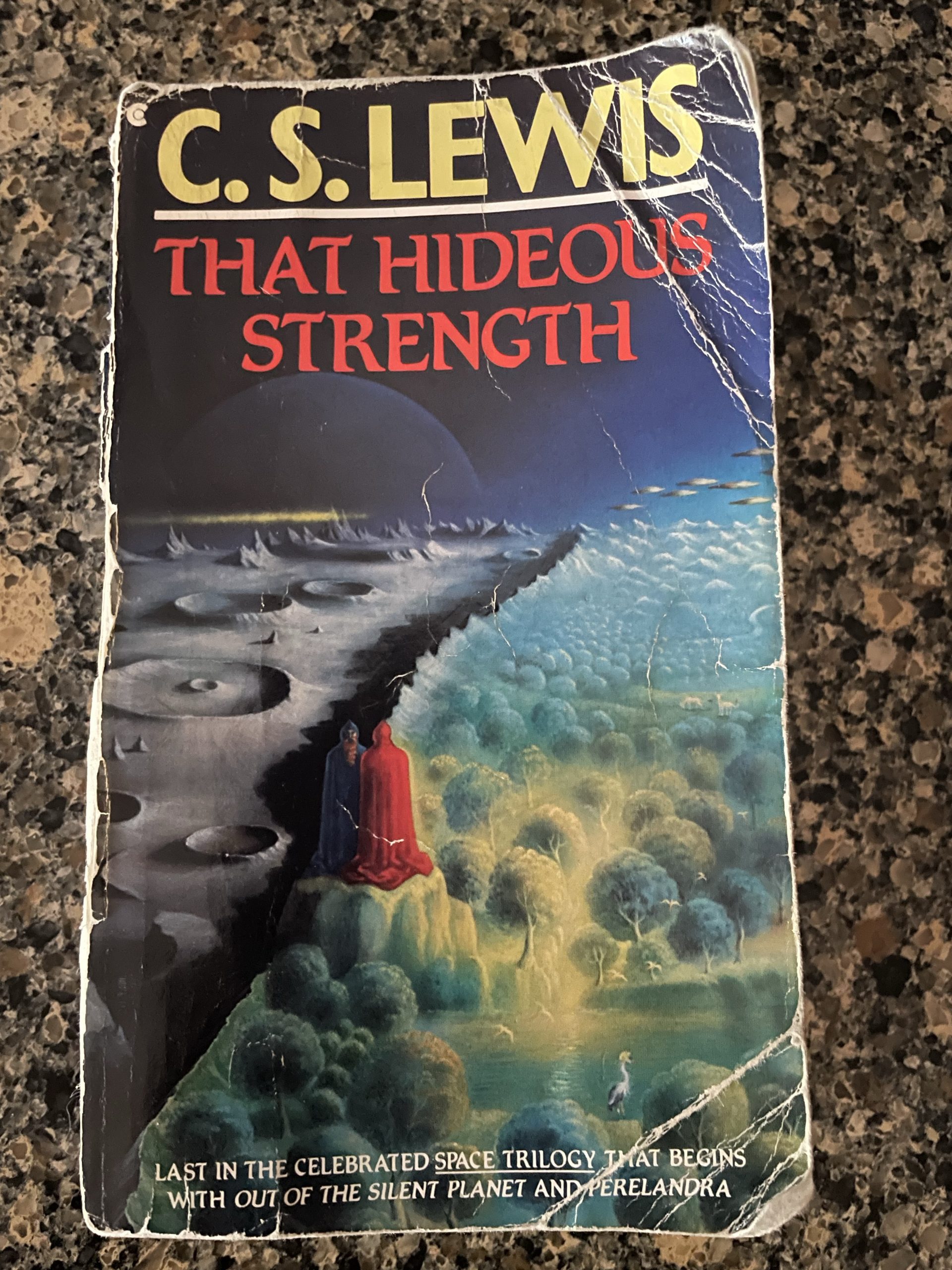

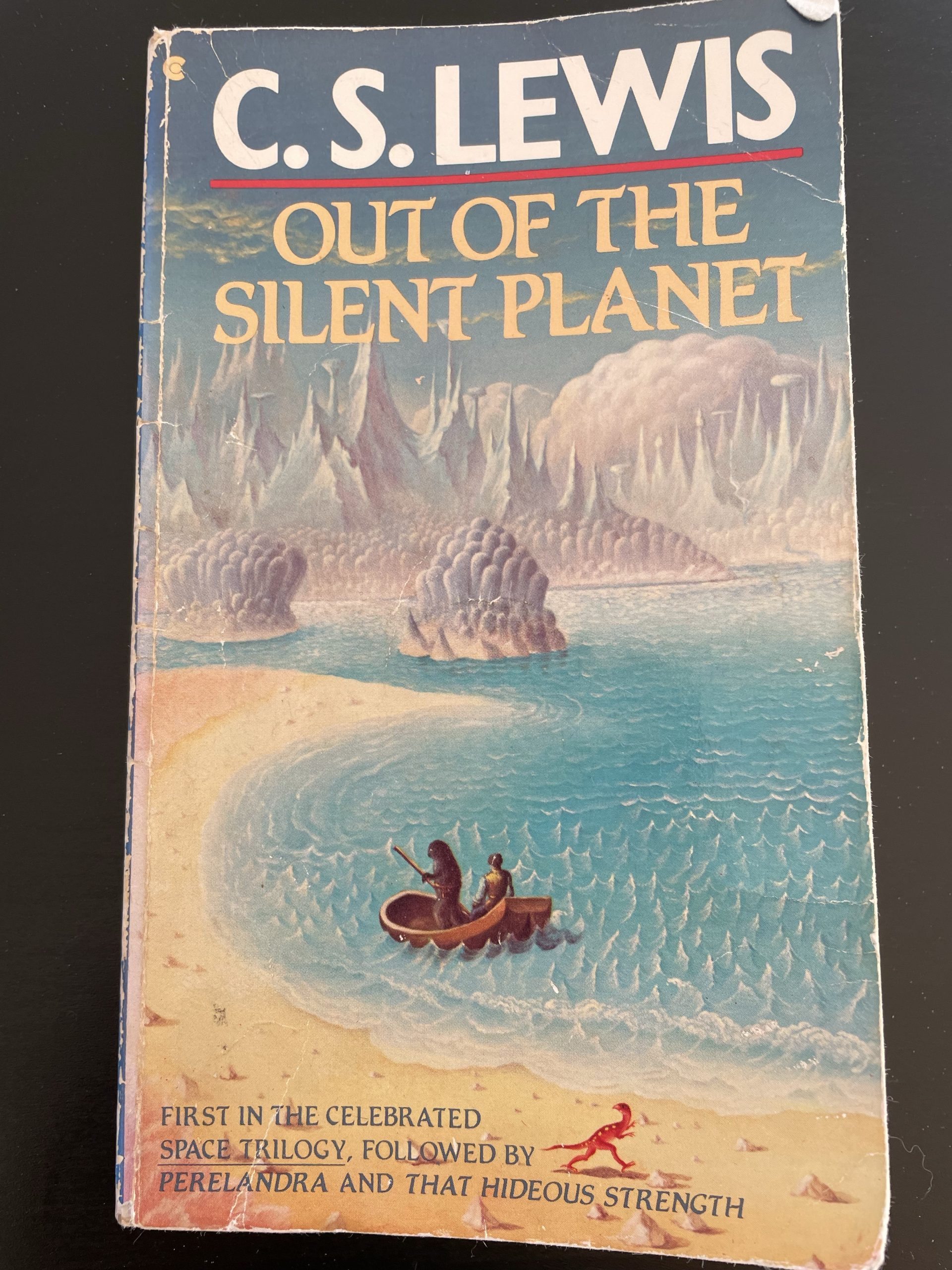
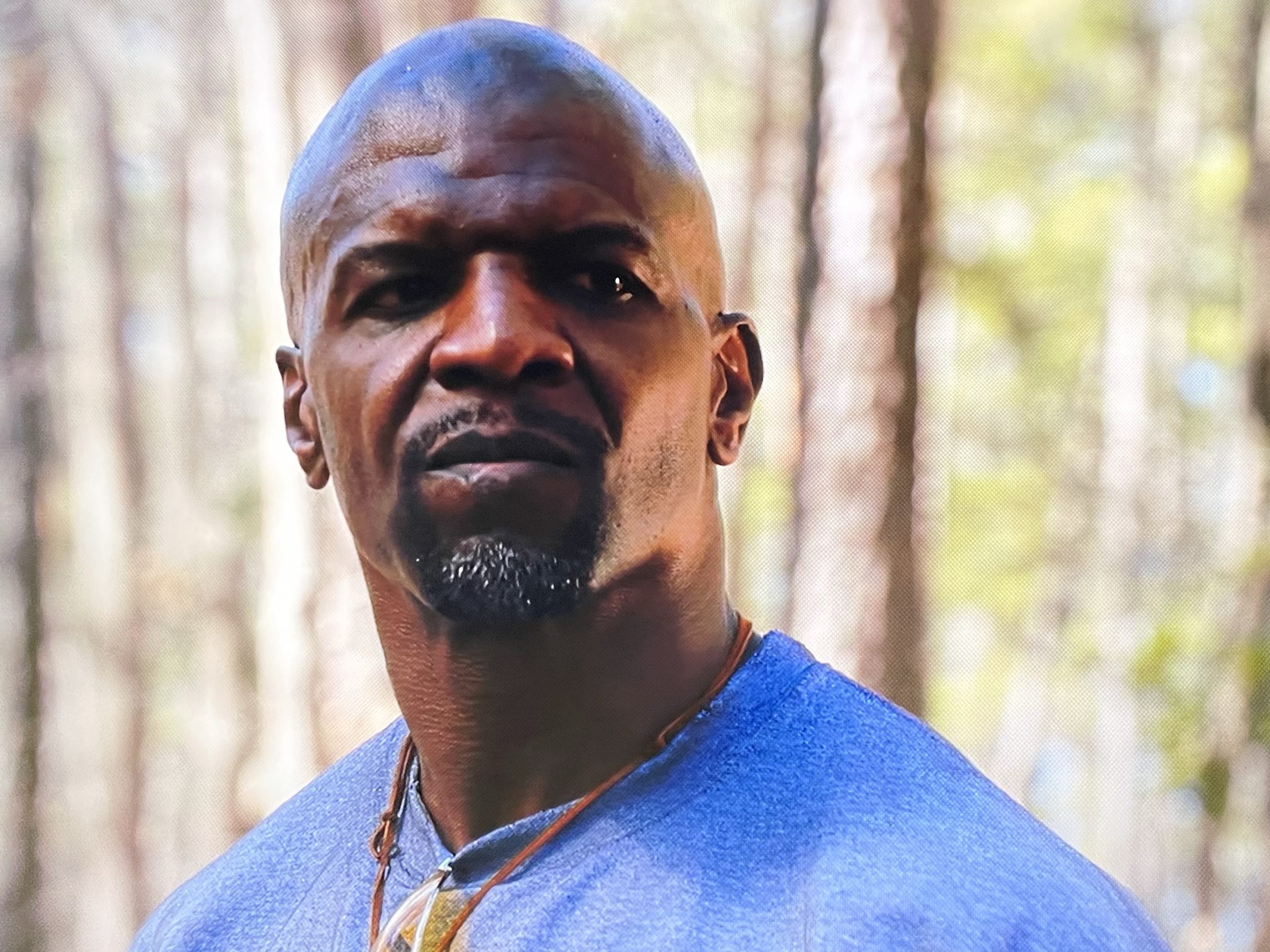
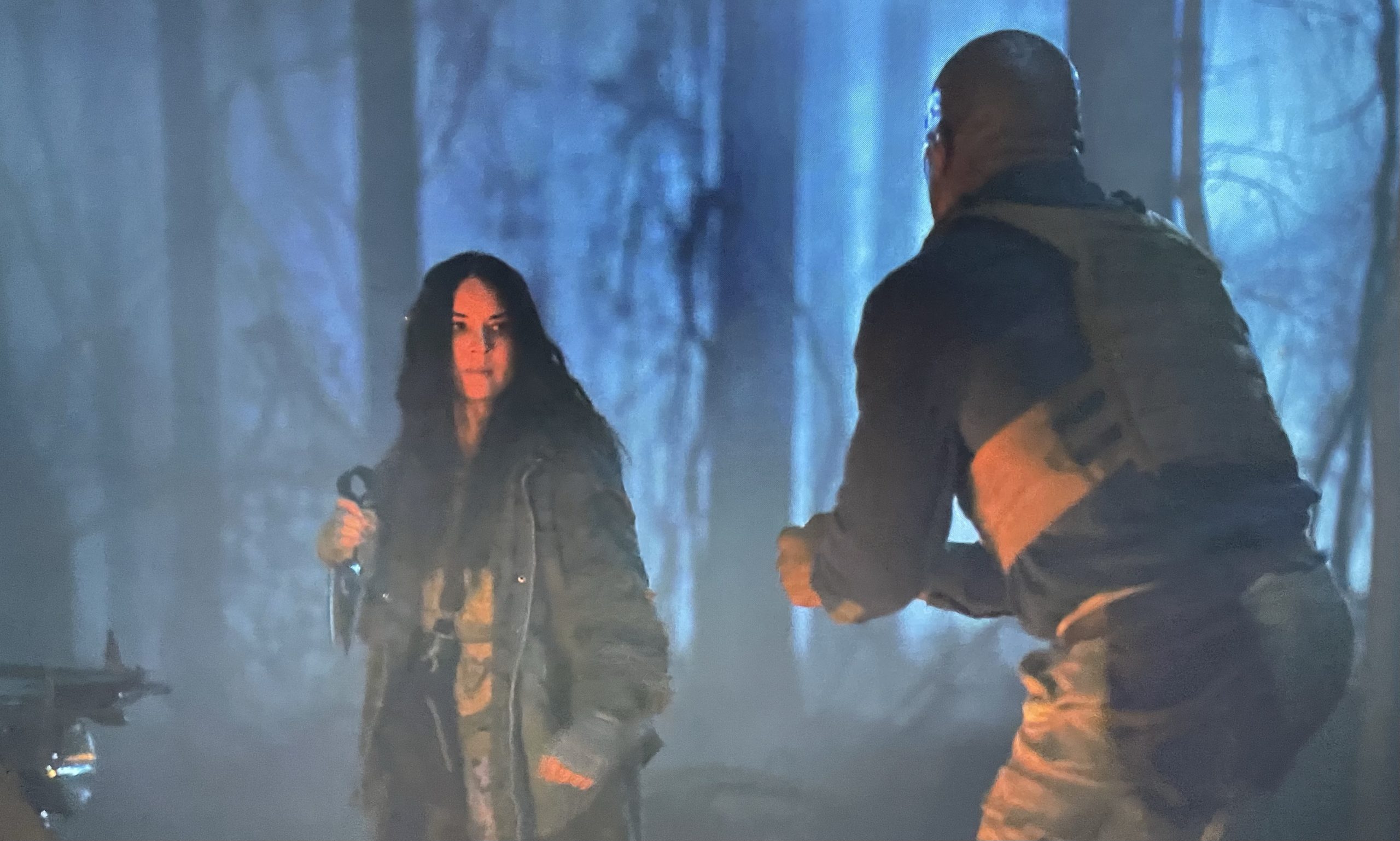

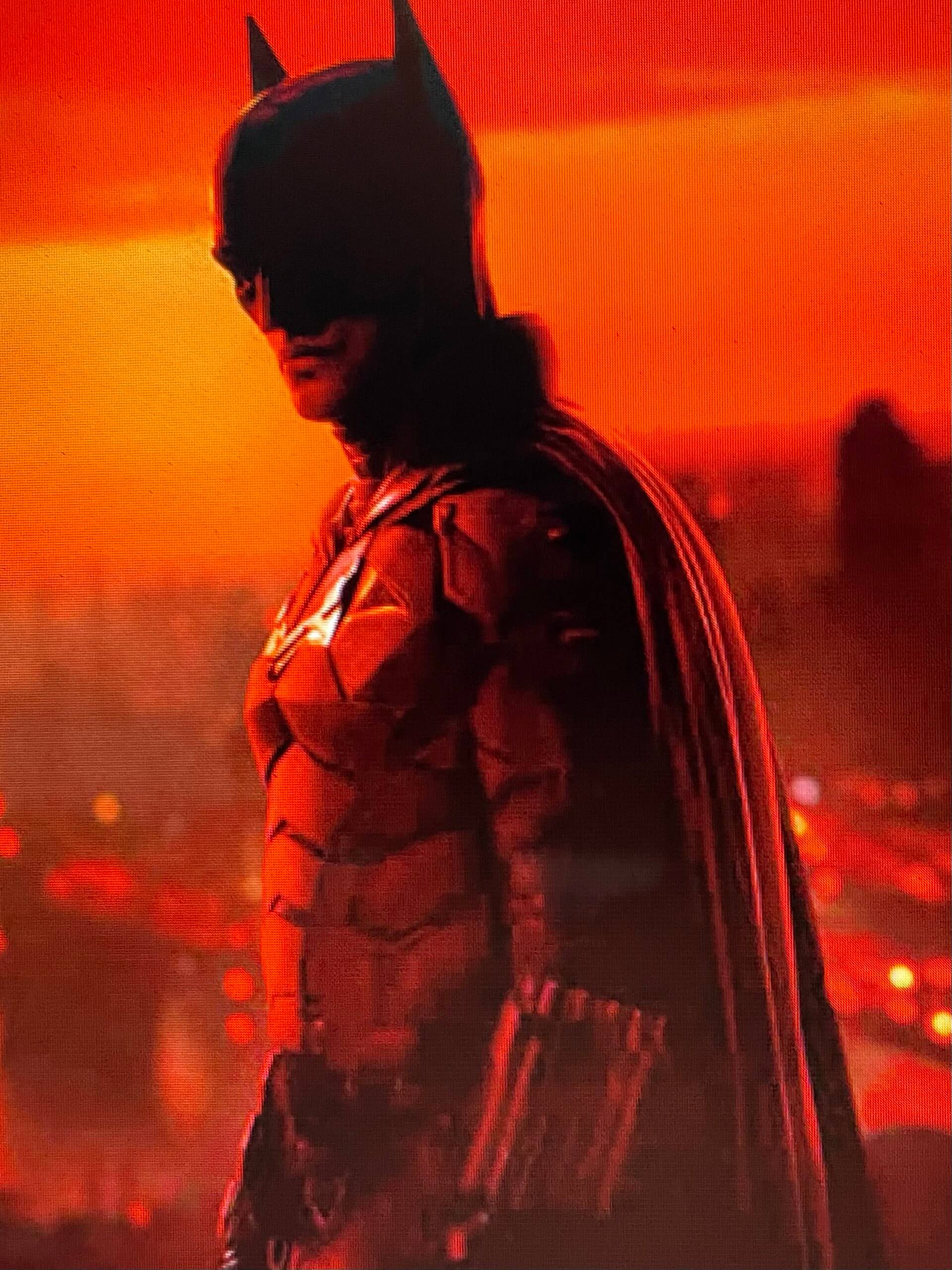


 The Longer Review
The Longer Review




